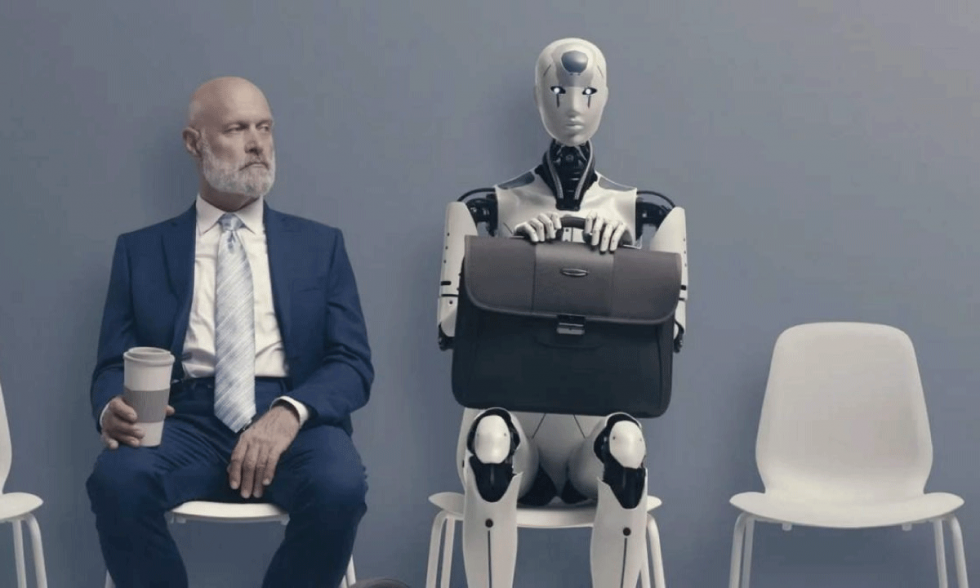Artificial Intelligence and Human Talent: Key Investments for the Future of Work
The rapid advancement of artificial intelligence (AI) is reshaping the global workplace, presenting both unprecedented opportunities and complex challenges for businesses and investors. While AI promises increased efficiency and productivity, the real value lies in the strategic integration of these technologies with human talent to drive innovation and maintain a competitive edge.
Today’s leading companies understand that investing in AI is not merely about automating tasks but transforming business models and corporate cultures. Achieving this transformation requires a comprehensive approach, including continuous employee training, adaptive management structures, and responsible technology deployment.
Strategic Investment in AI and Human Capital
For investors, the allure of AI-driven enterprises must be coupled with a critical evaluation of human capital management. Developing advanced algorithms and deploying automated systems will fall short if organizations lack skilled personnel to design, manage, and optimize these solutions.
Investing in ongoing professional development and cultivating essential human skills such as creativity, complex problem-solving, and leadership is fundamental to maximizing technology’s return. Furthermore, such investments mitigate ethical, governance, and societal acceptance risks associated with AI.
Impact on Productivity and Business Profitability
Organizations that successfully merge AI capabilities with their workforce report substantial improvements in efficiency and operational cost reductions. Yet, the most significant impact lies in enhanced innovation capacity and agility in responding to market shifts.
AI enables predictive analytics and process automation, but it is the people who interpret data, make strategic decisions, and create distinctive value. This collaboration fosters personalized products and services, enhances customer experience, and opens new business opportunities.
Risks and Challenges for Investors
Despite its growth potential, investing in AI presents inherent risks that require prudent management. Technological advancements occur rapidly, potentially rendering investments obsolete if not continually updated.
Moreover, regulatory and reputational risks arise from improper AI use, especially in sensitive sectors like finance, healthcare, and public services. Investors should prioritize transparency, ethical practices, and social responsibility when supporting AI-driven business models.
Success Stories and Emerging Trends
Multiple industries demonstrate the benefits of AI-human integration. In finance, banks and fintech firms use AI for risk analysis and fraud detection, while human experts craft tailored strategies for high-value clients.
In manufacturing, advanced robotics paired with skilled operators improve product quality and reduce production time, boosting global competitiveness.
Healthcare benefits from AI-assisted diagnostics and treatment plans, complemented by specialized professionals ensuring ethical and human-centered care.
The Role of Training and Organizational Culture
Sustainable AI investments hinge on fostering a culture that embraces innovation and lifelong learning. Employees must engage in the digital transformation process and access opportunities to acquire new skills.
Successful companies implement comprehensive, collaborative training programs that bring together technology experts and professionals across departments, facilitating adaptation and sparking collective creativity.
Conclusion
Investing in AI without prioritizing human capital development is an incomplete strategy that carries risks and limits growth potential. True opportunity emerges from a balanced vision that merges advanced technology with a skilled, committed workforce.
This synergy forms the foundation of resilient, innovative, and competitive organizations in a dynamic global environment. For investors and business leaders, the future lies in integrated models that leverage artificial intelligence alongside human creativity and judgment.
Source: Wired
Related Articles

ChatGPT’s strategic prompts are reshaping entrepreneurial education by enabling the creation of automated, high-revenue business models without traditional employee structures. This trend highlights the growing role of AI as both an instructional and operational tool for founders and business learners.
Todos los derechos reservados



Comentarios